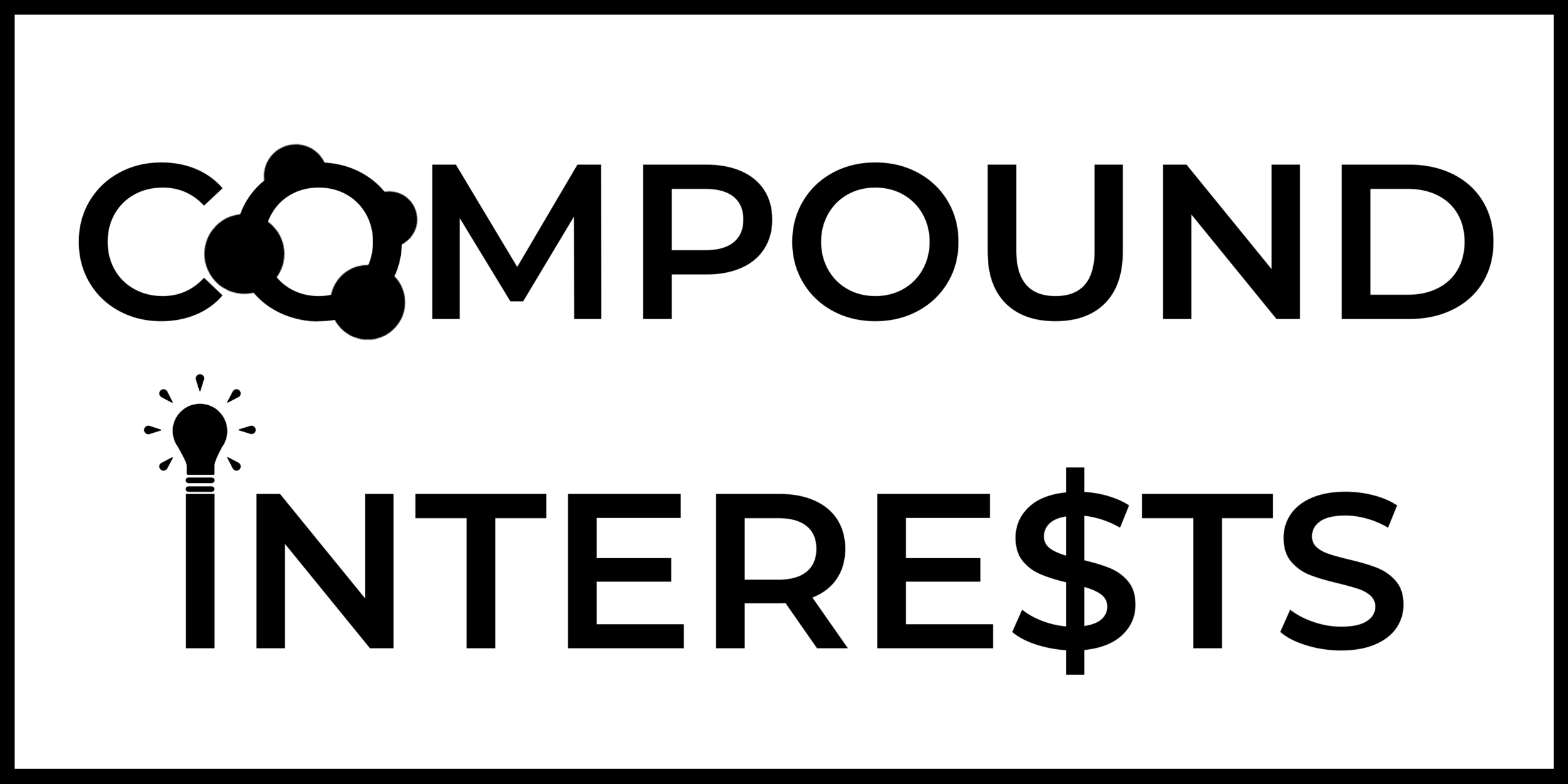HuffPost Blog: Three Executive Actions Obama Can Take To Rein In The Drug War
This is a blog post that was originally published on Huffington Post on January 30, 2014.
In his fifth State of the Union address, President Obama didn’t hide his frustrations with one of the least productive Congresses in history. He focused his speech on changes he can make unilaterally, saying, “Some [of my proposals] require Congressional action, and I’m eager to work with all of you. But... wherever and whenever I can take steps without legislation to expand opportunity for more American families, that’s what I’m going to do.” Sadly, he didn’t say a single word about one of the areas where he has the most authority to make positive change: drug policy. Here are three of the most important reforms Obama could make with a stroke of his pen.
1. Reschedule marijuana. Federal drug policy is determined largely by the Controlled Substances Act (CSA), which divides illegal drugs into five categories, or “schedules,” of harmfulness. Marijuana remains in the most restrictive category, Schedule I, meaning it has a high potential for abuse and no accepted medical use in treatment. So, while a large majority of people — including President Obama himself — recognize that marijuana is safer than alcohol, the drug remains in the same legal category as heroin and LSD. Eighty percent of the public supports medical marijuana and 20 states have legalized its use, yet the federal government refuses to recognize that the drug has any medical benefits. This classification is why the federal government continues to raid medical marijuana facilities even when they’re in full compliance with state law.
It doesn’t have to be this way. As admitted by Attorney General Holder, President Obama has the power to reschedule marijuana without Congressional approval. The CSA states that any substance can be moved into another category by petitioning the Drug Enforcement Administration, a federal agency under the president’s control. While this been tried many times in the past, including by Americans for Safe Access and governors Gregoire and Chafee, the DEA has denied every attempt. Obama can, and should, direct the agency to move marijuana at least to Schedule III, defined as having a lower potential for abuse and a currently accepted medical use (this category already includes Marinol, a synthetic form of the chemical THC found in marijuana). This simple change would allow states to legalize and regulate medical marijuana without any fear of federal intervention.
2. Replace DEA Administrator Michele Leonhart. One of the main causes of the DEA’s obstinance is its leadership. As I’ve written before, Administrator Leonhart has lied to Congress and the American public on multiple occasions. Originally appointed by President George W. Bush, she has been an embarrassment for the Obama Administration for her refusal to admit that marijuana is less harmful than heroin. Even more nonsensically, she recently criticized the White House for flying a hemp American flag and allowing its unofficial softball team to play against a team of drug policy reformers (full disclosure: I’m a proud member of that team, the One Hitters, and we’ve beaten the White House both times we’ve played them).
There is a growing movement to replace Leonhart with someone who understands the drugs they’re throwing people in prison for. The Marijuana Policy Project’s petition to fire her already has over 20,000 signatures and is quickly growing. At least two members of Congress have called for her resignation, with Rep. Cohen saying Leonhart’s leadership is “going to be looked upon in 10 or 20 years as the dark ages.” Replacing Leonhart with someone more in line with the president’s views on drug policy would go a long way towards scaling back the Drug War.
3. Pardon drug offenders serving unjust sentences. One of the president’s most important criminal justice powers is the ability to pardon any federal conviction. President Obama has been one of the least merciful presidents in history when it comes to pardons; the eight clemencies and 13 pardons he granted last month was more than he did in his entire first term. Meanwhile, tens of thousands of Americans remain in prison for drugs: In 2012, the most recent date for which data is available, 99,426 of the nation’s 196,574 federal prisoners — just over 50 percent — were serving time for drug offenses.
If President Obama truly believed his own (correct) statements that drug abuse is a mental health issue, he would pardon all nonviolent drug offenders just as President Carter once pardoned all Vietnam War draft dodgers. After all, what other mental health issue do we imprison people for? However, if Obama doesn’t want to take the political risk that such a mass pardoning may bring, he could at least start with the most heinous cases, like the many people serving life sentences for as little as cocaine residue in a clothing pocket.
There is still hope that Congress will take some steps towards ending the War on Drugs in the near future. But as President Obama said, we have a criminal justice system “in which a large portion of people have at one time or another broken the law and only a select few get punished.” If Congress refuses to do anything about it, Obama should use his executive powers to reform it as much as he can.
